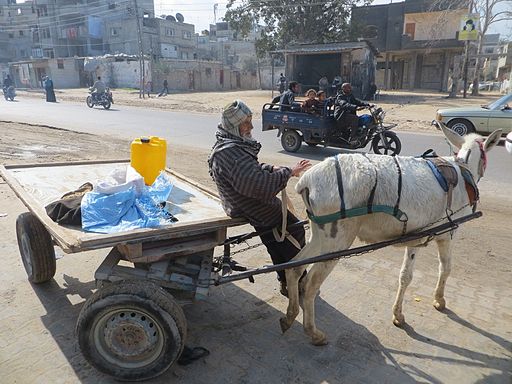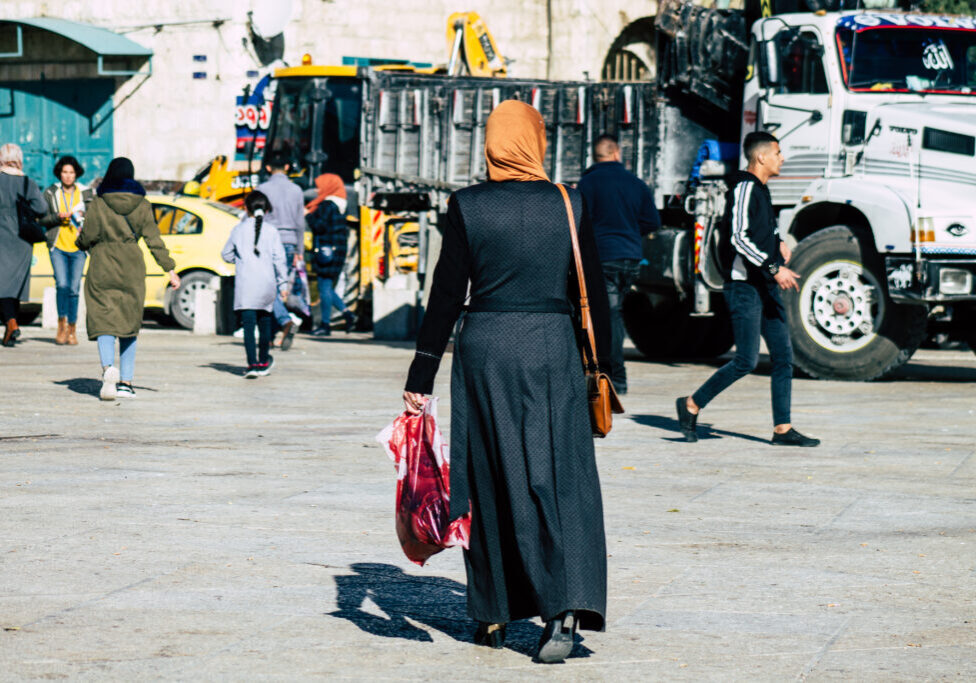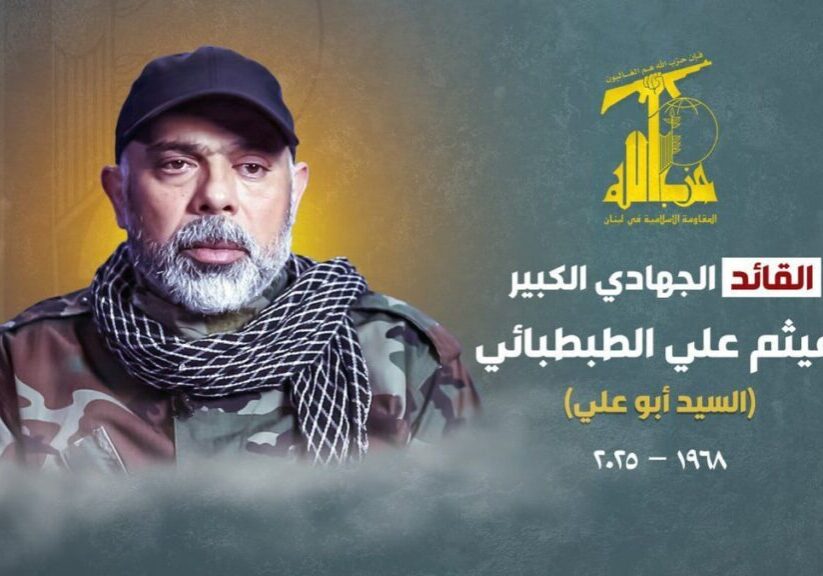Australia/Israel Review
Editorial: An Alliance for Gaza?
Mar 29, 2018 | Colin Rubenstein

Gaza is in a dire and deteriorating state. Economic activity is down, unemployment is extremely high, and long-standing problems with water, sewerage and electricity are worsening. People aren’t starving, but that is virtually the only positive.
The key questions are why and what can be done about it?
Many, in spite of all evidence to the contrary, will reflexively point the finger at Israel and its long-standing blockade. Yet Israel is in fact the only local actor ferrying and facilitating the entry of all essential goods into the enclave, and taking other specific actions to try to improve the situation there.
Mostly, we can blame the “government” of the Gaza strip – which for the last 11 years has been Hamas. This terror group is not only very bad at governance, it seems largely uninterested in undertaking routine administration or providing for the basic welfare of residents.
Aid goes undelivered or is misappropriated by Hamas. Construction materials intended to repair houses end up in terror tunnels; pipes, metal and even consumer goods like sugar are diverted into the mass production of homemade missiles. Other aid goods are taxed or appropriated to reward the Hamas military forces, their families or the political faithful, leaving ordinary Gazans with, at best, only the dregs.
Worse still, since its takeover of the strip in a 2007 coup, Hamas has provoked three wars with Israel through its missile attacks and terror tunnels. Given that Hamas deliberately locates its military facilities and command and control apparatus in heavily built up civilian areas, it is hardly surprising that the wars Hamas has provoked have come at a terrible cost to Gazans in lost lives and destroyed buildings and infrastructure.
Last year, there was some hope that this situation might improve, under an Egyptian-brokered arrangement whereby an increasingly broke and isolated Hamas agreed in principle to relinquish civilian administration of Gaza to Mahmoud Abbas’ Palestinian Authority (PA).
Similar efforts have repeatedly failed in the past, and any slim hope that it was going to work this time appear dead in the wake of the March 13 assassination attempt on a PA delegation to Gaza led by Prime Minister Rami Hamdallah and PA intelligence chief Majid Faraj. The two were visiting Gaza to open a sewage treatment plant paid for largely through the PA.
The recriminations are now flying thick and fast, revealing a deep and seemingly unbridgeable enmity between the two main Palestinian factions. The PA holds Hamas responsible since it governs the territory, while Hamas implied Israel “and its collaborators” may have been behind the attack – but also suggested it might have been a “false flag” operation by the PA ruling party, Fatah.
Which brings us to the PA role in the current Gaza situation. For the last two years, PA President Mahmoud Abbas has used his position as a conduit for funds, utilities and social services to Gaza primarily as a means to pressure Hamas – curtailing electricity, fuel, medicine, access to medical services abroad, salaries and social services to Gazans.
And in the wake of the assassination attempt, he says he’s going to do even more of it, announcing on March 19, “I have decided to take national, legal and financial measures to protect our national project. We never thought of punishing any Palestinian citizen, not in the West Bank or Gaza. But we have to say where the wrong is and where the crime is.”
Amelioration for Gaza’s plight is clearly not going to come from either Hamas or the PA.
Yet the extraordinary donor conference at the White House convened by the US on March 15 may show where hope for Gaza actually lies.
It was remarkable because, in addition to Egypt and Jordan, it saw several Arab nations – Saudi Arabia, Bahrain, Qatar and Oman – which have no diplomatic relations with Israel, happy to sit around the conference table with the Jewish State. More than this, they signalled a readiness to work together with Israel to do something about the Gaza situation. If anything symbolised the new alignment in the Middle East, where Israel and the Sunni Arab states are today largely on the same side in a rivalry against a rampant Iran and its allies, it was this meeting.
As White House Envoy Jason Greenblatt commented on the purpose of the meeting, “In order for peace to be within our grasp, we must first improve the conditions on the ground to create hope and opportunity.”
Greenblatt might have been speaking for Israel as well as the US Administration. Israeli security services and civilian experts have been increasingly urging Israel to address the Gaza situation in its own interests to prevent instability and violence emerging from the troubled strip.
This has seen the Israeli Government take a number of measures, such as pushing back against the PA’s draconian efforts to limit electricity supplies, and making deals to facilitate new water and sewerage infrastructure for Gaza.
Most importantly, in late January, Israel presented its own US$1 billion plan to rehabilitate Gaza to a conference of donors in Brussels. The plan’s centrepiece was Israeli assistance in building infrastructure including desalination plants, electricity lines and a gas pipeline, as well as upgrading the Erez industrial park on the Israeli-Gaza border.
Although the PA boycotted the conference to protest US President Trump’s decision to recognise Jerusalem as Israel’s capital, there is reason to believe that the Arab states can eventually force their cooperation. The Arab states are, collectively, in a position to cajole, push, punish and pressure both Palestinian factions into behaving more responsibly. Israel has every interest in assisting them to do so.
And if this surprising and welcome new Sunni Arab/Israel/US alliance can succeed in ameliorating the immediate Gaza crisis, who is to say that significant progress toward a genuine and viable two-state resolution could not be another future achievement?
Tags: Hamas






